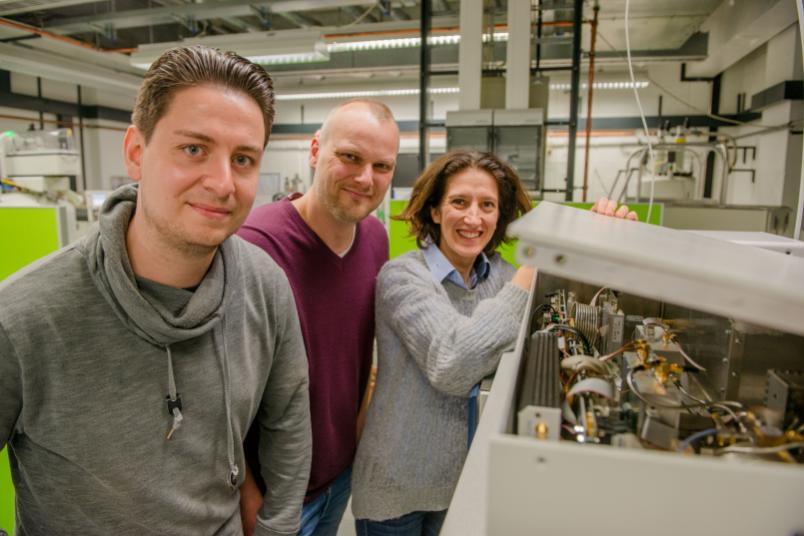
Chemistry Observing biological nanotransporters
How molecules are transported through membranes.
A research team of the Ruhr-Universität Bochum (RUB) was able to describe with atomic detail how molecules are transported through biological membranes. Computer simulations and spectroscopic experiments provided insights into the work of so-called ABC transporters. These proteins play an important role in the drug resistance of tumour cells and bacteria. The researchers within the groups of Prof Dr Lars Schäfer and Prof Dr Enrica Bordignon, who work together in the Excellence Cluster Ruhr Explores Solvation, Resolv in short, report in the Journal of the American Chemical Society of 16 March 2018.
“ABC transporters are fascinating biological nanomachines”, says Lars Schäfer, head of the Molecular Simulation research group. These proteins couple the binding and chemical cleavage of ATP molecules, the chemical energy unit of the cell, with the transport of molecules through biological membranes.
Resistance of tumour cells and bacteria
A particular characteristic of the so-called ABC exporters is that they transport a very wide range of molecules out of the cell: from lipids and peptides to chemotherapeutic agents. “ABC exporters therefore play an important role, including with regard to multi-drug resistance of cancer cells and antibiotic resistance of bacteria”, explains Schäfer.
The research groups of Lars Schäfer and Enrica Bordignon combined detailed computer simulations with spectroscopic experiments to shed light on the functional mechanism of an ABC exporter in atomic detail.